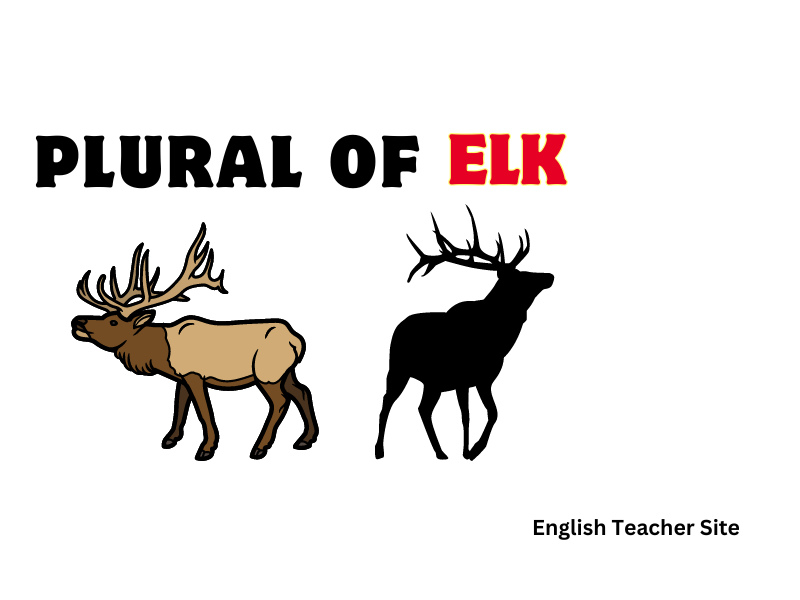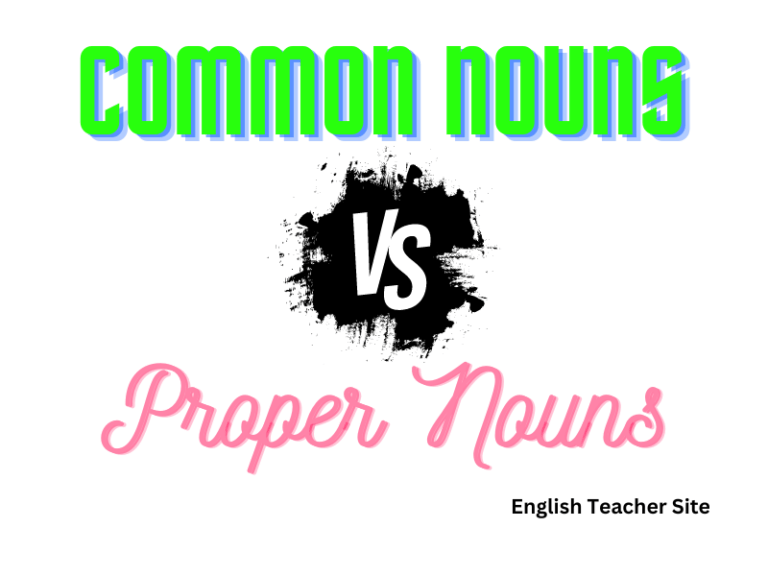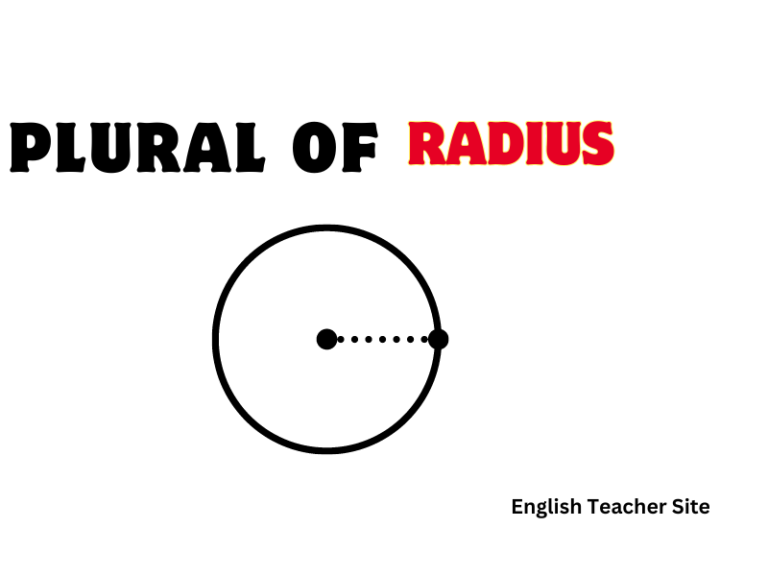Plural of Elk: Why It’s Not What You Think?

Introduction: The Mystery Behind the Plural of Elk
The plural of elk is a topic that often causes confusion. To some, the answer seems straightforward: add an “s” at the end, just as you would with most other nouns. Yet, this logic doesn’t apply here. Unlike the word “fox,” whose plural form is simply “foxes,” the plural of elk remains the same, which can leave many questioning why this is the case.
To understand why the plural of elk is often misunderstood, it’s important to first take a look at other animal plurals. Take “deer,” for example. It remains the same whether referring to one or many. Such peculiarities in the English language can leave even the most seasoned grammar enthusiasts scratching their heads.
Understanding the Word Elk: A Quick Overview
What Does Elk Mean and Where Does It Come From?
The word “elk” refers to a large species of deer found primarily in North America and parts of Europe and Asia. Known for their impressive antlers, elk are majestic creatures that are often associated with forests and mountains. The name itself has roots in Old English, deriving from the word “eolh,” which referred to the animal’s large, imposing stature.
Interestingly, elk are sometimes referred to as wapiti in North America, derived from a Native American word that means “white rump,” in reference to the pale fur on their backsides. This distinction, however, does not affect the plural form of the word elk.
The Plural of Elk: Is It Really Pluralized?
The Rule Behind the Plural of Elk: Why It Remains the Same
The plural of elk is simply “elk.” It’s one of many irregular nouns in the English language that don’t follow the traditional rule of adding an “s” to form the plural. Unlike “cats” or “dogs,” where you simply add an “s,” words like elk, deer, and sheep maintain the same form whether referring to one or more of the animal. This rule exists because elk follows a more archaic form of English pluralization where words didn’t change in the plural form.
English has a fascinating history, and over time, the language has absorbed influences from many other languages, including Old English, Old Norse, and Latin. As a result, some words retained older forms, such as the unchanged plural of elk.
Common Misconceptions About the Plural of Elk
Why Many People Mistakenly Use Elks
One of the most common mistakes is the use of “elks” as the plural form. This error likely arises from a misunderstanding of how plural forms work in English. Many are familiar with pluralizing words by simply adding an “s,” and so “elks” might feel like the more natural choice. However, this doesn’t apply to elk, which retains its singular form even when referring to multiple animals.
When Using Elks Is Wrong: Avoiding Common Errors
It’s important to avoid using “elks” when referring to more than one of these creatures. While it might feel like the logical choice, using “elk” as both the singular and plural form is the proper usage. For example, saying “a herd of elk” is correct, not “a herd of elks.” Correcting this common mistake ensures clarity and precision in both written and spoken communication.

Real-Life Examples: How to Use the Plural of Elk Correctly
Correct Usage in Different Contexts: Sentences and Phrases
- “The elk is known for its majestic antlers, but the elk in this forest have a distinctive appearance.”
- “During our hike, we saw a group of elk grazing near the trail.”
- “An elk’s call echoes through the forest at dawn, but thousands of elk migrate across the plains in winter.”
These examples demonstrate how the plural form of elk is used correctly in different contexts. Even when referring to multiple animals, the word “elk” remains unchanged.
Examples from Nature Documentaries and Wildlife Articles
In nature documentaries, such as those by the BBC or National Geographic, you will often hear wildlife experts refer to “elk” in both singular and plural forms. Phrases like “a herd of elk” or “the elk are roaming the hills” are used to describe the animals correctly, illustrating the proper usage in the wild.
Final Thoughts: The Plural of Elk Isn’t as Complicated as It Seems
In conclusion, the plural of elk isn’t as difficult as many believe. Once you understand that elk follows an irregular pluralization pattern like “deer” and “sheep,” the rule becomes clear. There’s no need for the extra “s”—the word remains unchanged whether you’re referring to one or a dozen. The key takeaway is simple: don’t fall into the trap of adding an “s” and remember that “elk” is both singular and plural.
Sources
- Example sentences of elk.
- National geographic, elk.
- Origin of the word elk.
- Geist, Valerius. “elk”. Encyclopedia Britannica.
- Wikipedia contributors. “List of cervids.” Wikipedia, The Free Encyclopedia.
My name is Khamis Maiouf. I am the creator of the English Teacher Site, dedicated to providing valuable resources and insights for students around the world. With a passion for education and a commitment to helping students enhance their skills, I aim to make English teaching more effective and enjoyable for both educators and students.






